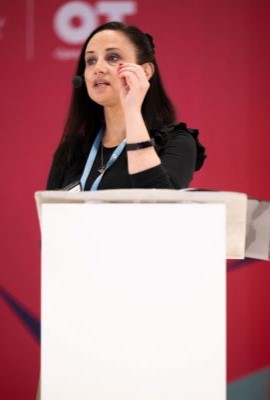Editor's Choice
Latest Content
Fashion Marketplaces in Europe: Challenges and Opportunities Ahead
12 Apr 24During the COVID-19 pandemic, apparel and footwear e-commerce witnessed a strong boost in sales, as customers were forced to turn to online shopping owing to restrictions and store closures. Yet, since the easing of restrictions, in-store shopping has bounced back and, with it, the share of online sales dropped. This has left many luxury online players struggling under the pressure of either slowing or declining sales.
Top Trends in Global Apparel and Footwear in 2024 and Beyond
5 Apr 24In 2024, global sales of apparel and footwear are set to experience moderate growth of approximately 2% in constant terms, and expected to recover to pre-pandemic levels by late 2025/early 2026. The impact of inflation remains persistent and will translate into cautious discretionary spending levels.
What do Fashion and Luxury Brands Need to Know About Gen Z?
2 Apr 24By 2030, Generation Z and Alpha will comprise 45% of the global population, significantly shaping consumer trends. This video highlights Gen Z's tech-savvy nature, preference for personalised, digital experiences, and demand for seamless omnichannel shopping. Social consciousness and sustainability also resonate with this generation.
Top Trends Shaping Personal Accessories in 2024 and Beyond
4 Mar 24After moderate growth in 2022, global sales of personal accessories grew more strongly in 2023; however, geopolitical issues, the cost-of-living crisis and China’s slow recovery suggest a challenging macro environment, pushing brands to navigate into uncharted waters once again in 2024.
Apparel in Sub-Saharan Africa: Navigating Challenges in Pursuit of Growth
26 Feb 24The African clothing and footwear industry, estimated at over USD30 billion is dynamic, presenting abundant opportunities for stakeholders. Moreover, it stands to gain significantly from the evolving socioeconomic landscape of the continent, primarily propelled by a substantial demographic of young, stylish, and aspirational consumers.
Unlocking the Gen Z Code to Revolutionise Jewellery Sales.
1 Feb 24Gen Z accounted for just over 23% of the world’s population in 2023. Understanding these consumers is not an easy task, as they are significantly different to their predecessors, have contradictory attitudes, and change preferences quickly.






